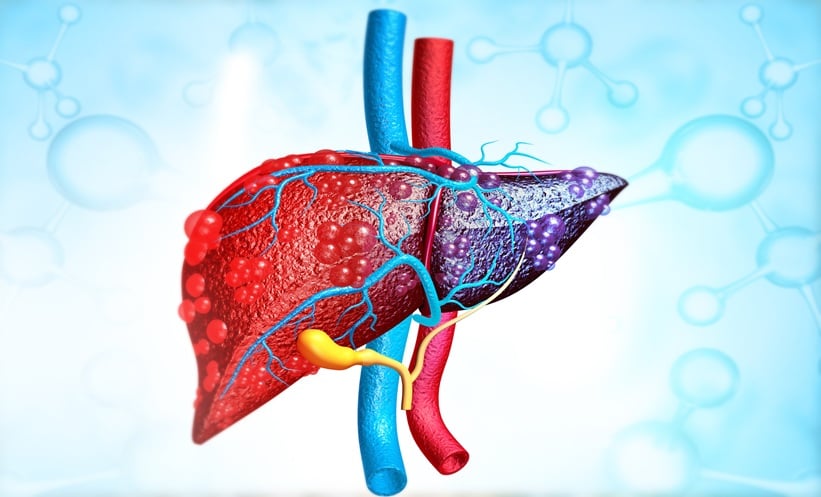IMMUNE ACTIVATION plays a central role in the development of chronic liver disease, particularly as it progresses to liver cirrhosis. This serious condition often begins with a compensated phase, which is usually symptom-free, before advancing into a decompensated phase marked by complications such as ascites, hepatic encephalopathy, jaundice, and bleeding from oesophageal varices. The progression of liver cirrhosis is closely linked to both hepatocyte damage and cirrhosis-associated immune dysfunction (CAID), a complex state of impaired and hyperactive immune responses.
In this context, the study highlights how immune cells, especially CD4+ and CD8+ T cells, undergo substantial changes during different stages of liver disease. While CD8+ T cells are vital for antiviral defence and tumour surveillance, chronic antigen stimulation in liver disease results in sustained activation and eventual exhaustion of these cells. Such dysfunction fuels systemic inflammation and contributes significantly to worsening liver disease.
Liver Cirrhosis Insights from the Study
This investigation examined 72 patients with hepatitis virus infection or alcohol-related liver disease across various stages, providing a detailed picture of immune changes in cirrhosis. Results revealed that patients with decompensated liver cirrhosis showed a reduction in CD8+ but not CD4+ T cells, leading to a higher CD4/CD8 ratio. Both T cell subsets displayed increased activation and exhaustion markers as liver disease progressed, confirming that immune dysfunction intensifies alongside disease severity.
Interestingly, patients in the decompensated phase exhibited reduced activation marker expression compared with those in the compensated stage. This may indicate a transition from high-grade to low-grade inflammation or reflect advanced immune exhaustion. In addition, soluble immune components such as pro-inflammatory cytokines and acute-phase proteins were elevated, further underscoring the dysregulated immune environment in liver cirrhosis.
Clinical Relevance
The findings strengthen the understanding that immune dysfunction is a defining factor in the progression of liver cirrhosis, regardless of underlying cause. Monitoring T cell activity and cytokine profiles may help identify disease stages and provide insight into potential therapeutic strategies. As liver cirrhosis remains associated with high mortality, further research into immune-based treatments is critical to improving patient outcomes.
Reference
Niehaus C et al. T cell dysregulation reflects disease stage in hepatitis virus and alcohol-related liver disease. Sci Rep. 2025;15(1):34108.








